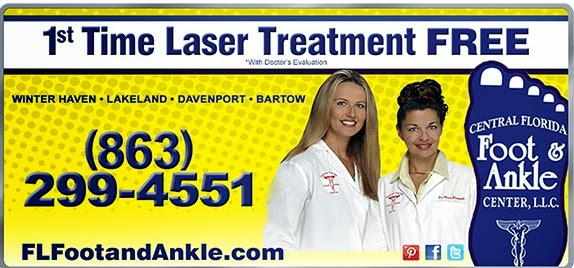
When an ingrown toenail becomes infected, it is referred to as a paronychia. This happens due to the nail literally digging into the skin, causing a breakdown in the soft tissue, which allows bacteria to penetrate the natural skin barrier. The organism that is usually responsible for the infection is a staphylococcus species.
Paronychia will appear as a small, localized area of redness that may spread up the toe. It is generally quite painful, and there is usually a fair amount of pus and drainage from the site. In patients that are immunocompromised, such as diabetics or patients on long-term steroid regimens, a paronychia can advance to a more complicated infection of the soft tissues. These should be dealt with rapidly and aggressively by a doctor.
Treatment for paronychia includes incision and drainage of the infection site, which will help to relieve pain as well as remove much of the infection. A bandage is applied, usually with a topical antibiotic, and oral antibiotics may be used as well. Augmentin is a commonly prescribed oral antibiotic for paronychia, though it may not always be necessary. The bandage may be changed once or twice a day for the first few days, and soaks in a dilute betadine solution may be beneficial as well.
If ingrown toenails and paronychia are a chronic problem, they can be addressed with one of several more permanent procedures. A podiatrist will typically be the type of doctor that deals with this problem. After the infection resolves, a chemical matricectomy may be performed. This procedure involves using a chemical, such as phenol or sodium hydroxide, to permanently remove a portion or the entire nail matrix. The nail and nail matrix may also be surgically removed. Both are relatively minor procedures, and allow for a quick recovery. The recurrence of ingrown toenails after these surgical procedures is extremely low.
Generally speaking, a paronychia is a minor infection, and is treated as such. It is only in the diabetic or otherwise immunocompromised patient that it becomes an area of greater concern. If not dealt with rapidly, a minor infection can become a more serious, even life-threatening infection.
If you are experiencing pain from an ingrown toenail, show it to your doctor. Even if it is not infected, it should be dealt with in an appropriate manner, to relieve pain, prevent regrowth of the ingrown portion of the nail, and prevent a pending infection. With time, many ingrown toenails will ultimately become infected.


No comments:
Post a Comment